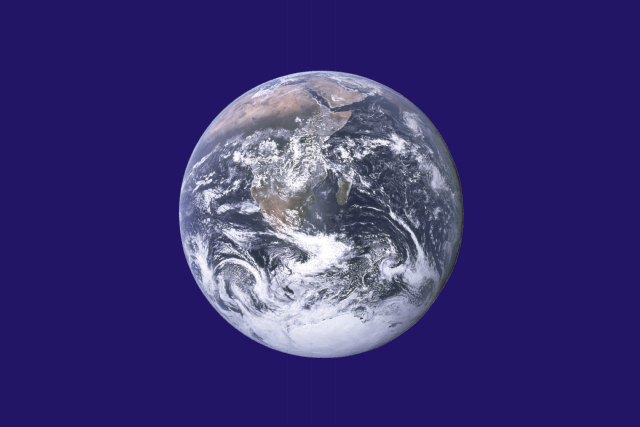Earth Day is a global celebration that focuses on promoting environmental protection and sustainability. It is observed annually on April 22nd, engaging over a billion people across the world from various communities, organizations, and nations. This important day provides an opportunity for collective action and reflection on the planet’s health, emphasizing the urgency of ecological conservation and the steps we can take to improve it.
The origins of Earth Day
The first Earth Day was celebrated in 1970, initiated by United States Senator Gaylord Nelson as a teach-in on college campuses. It reflected the burgeoning awareness of the environment following Rachel Carson’s influential book, “Silent Spring,” which highlighted environmental issues such as pollution and pesticides. The inaugural Earth Day was a grassroots movement that achieved a rare political alignment, garnering support from Republicans and Democrats, rich and poor, urbanites and farmers, tycoons and labor leaders. This first celebration led to the creation of the United States Environmental Protection Agency and the passage of the Clean Air, Clean Water, and Endangered Species Acts.
Evolution and global impact
Since its inception, Earth Day has grown into a worldwide phenomenon observed in nearly every country on the globe. This day has become a pivotal event for raising awareness and pushing for action on environmental issues like climate change, deforestation, loss of biodiversity, and pollution. Each year, Earth Day serves as a reminder of the collective responsibility we share in fostering a sustainable future.
Themes and activities
Each Earth Day is marked by a specific theme, focusing on a particular environmental concern. Past themes have included climate action, environmental and climate literacy, and plastic pollution. These themes help to focus efforts and foster deeper understanding of the issues at hand.
Activities on Earth Day vary widely but share the common goal of educating and engaging the public in environmental stewardship. These activities often include tree planting, clean-up campaigns, educational seminars, and conferences. Social media also plays a crucial role in spreading the word and encouraging more people to take part in events that contribute to the health of our planet.
The significance of Earth Day
The significance of Earth Day lies in its ability to unite a diverse range of actors from around the globe on the common ground of environmental respect and action. It serves as a powerful day of action that encourages individual and collective steps towards sustainable living. The global observance of this day reflects an acknowledgment of the challenges we face and a commitment to solving them together.
Challenges and the path forward
Despite the progress made since the first Earth Day, our planet still faces numerous environmental challenges. Climate change remains one of the most pressing issues, with global temperatures rising and extreme weather events becoming more frequent and intense. Biodiversity is declining at an alarming rate due to habitat destruction, overfishing, and pollution.
Addressing these challenges requires more than annual celebrations and declarations. It calls for a year-round commitment to sustainable practices such as reducing waste, conserving energy, and shifting to renewable energy sources. Moreover, it demands political action and the implementation of policies that protect the environment and promote sustainability at all levels.
Earth Day is not just an annual event but a daily commitment to our planet. It serves as a call to action, urging us to reflect on our environmental impact and to implement more sustainable practices in our daily lives. As we look forward to future Earth Days, let us remember that every day is an opportunity to contribute to the planet’s health and ensure a sustainable future for generations to come.

